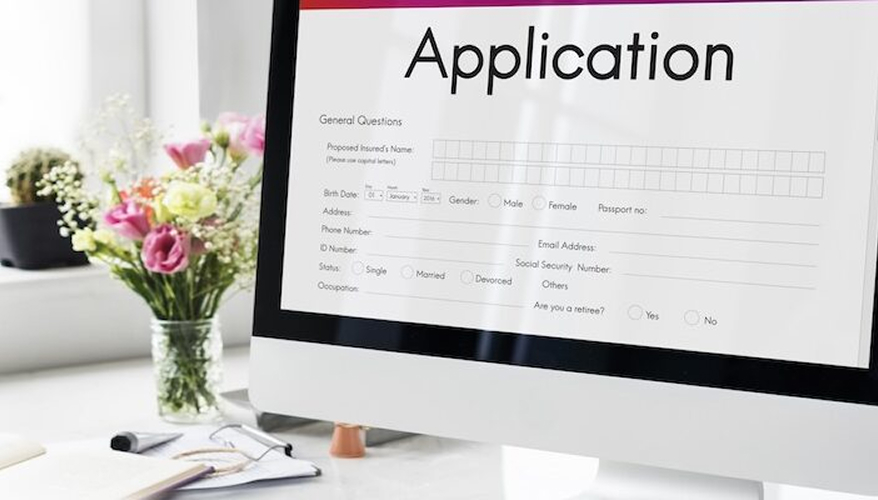Foreigners who want to work in Singapore with an Employment Pass (EP) will have to satisfy a higher minimum qualifying salary starting in September 2023, as well as a high enough score under a new points-based system.
“It is designed to be a transparent mechanism so that businesses have clarity and predictability for workforce planning,” Manpower Minister Tan See Leng said in an address to Parliament on March 4, announcing the new COMPASS (Complementarity Assessment Framework) system.
Changes to foreign workforce rules have been made to improve the complementarity and variety of the foreign workforce, assist industry transformation and the development of a robust Singaporean core, and give businesses more clarity and certainty on foreign labour policies.
The goal is to ensure that EP holders are on par with the top one-third or 65th percentile of the local PMET (Professionals, Managers, Executives, and Technicians) workforces in terms of quality and that foreign workers are hired to fill skill gaps rather than to save money.
The Newly Developed Point-based System With Four Criteria
Last year, the National Trades Union Congress (NTUC), the Singapore National Employers Federation (SNEF), and the Professionals, Managers, and Executives (PME) task committee advocated a point-based system.
The system is introduced to assess an EP application using a comprehensive set of person and firm-related factors. It allows businesses to hire high-quality overseas specialists while diversifying their staff and establishing a strong Singaporean core. It’s a more open system that gives firms more clarity and assurance when it comes to workforce planning.
EP candidates must earn enough points under the new points-based Complementarity Assessment Framework (COMPASS) to qualify for an EP, in addition to reaching the qualifying income. Pass applications will be examined on COMPASS’s four core and two bonus criteria.

Core Criteria:
- Salary of candidates in relation to local PMET (professionals, engineers, and technicians) earnings in their respective fields.
- The qualifications of the candidate.
- The firm’s national diversity, as well as if the candidate contributes to it.
- Compared to its industry peers, the firm’s support for local employment is strong.
Bonus Criteria:
- If the EP is being applied for a candidate for a job on the Shortage Occupation List.
- Firms participate in selected programmes run by various economic agencies or meet specific assessment criteria on supporting innovation or internationalisation activities while being committed to developing the local workforce or ecosystem.
Businesses would be clubbed into relevant sectors and subsectors based on their principal business activity, as declared to ACRA. So they are urged to review and update the information to ensure its accuracy.
What are the Qualifying Salary Changes?
- From September 1, 2023, the EP qualifying salary will be benchmarked to the top one-third of local PMET earnings, rising from $4,500 to $5,000 for new applications and renewals. Existing EP Pass holders whose passes expire from September 1 2023, will be subject to the new qualifying salary. In addition, the qualifying wage will rise in step with the candidate’s age, eventually reaching $10,500 for someone in their mid-40s.
- The minimum qualifying wage for the EP in the financial services sector will increase from $5,000 to $5,500. For a candidate in their mid-40s, the qualifying wage will gradually grow to $11,500. Implementation follows the same schedule.
How Will COMPASS Function in the Real World?
From September 1, 2023, COMPASS will apply to new EP applications, and from September 1, 2024, it will apply to renewal applications.
- To pass, you’ll need a total of 40 points.
- All applications are graded on four basic criteria based on the benchmarks expected of a supplementary EP holder. As up to 20 points are available in each category and just 40 are required to pass, it is conceivable to have enough points for an application/renewal to get approved.
- Bonus criteria, which recognise applications that bring in skills in demand and support strategic economic goals, can earn you extra points.
- Higher scores on another criterion can compensate for lower points on one.
Are There Any COMPASS Exceptions to the Rule?
If any of the following circumstances are met, candidates are exempt from COMPASS:
- Having a set monthly salary of at least $20,000
- Applying as an overseas intra-corporate transferee under the General Agreement on Trade in Services of the World Trade Organization or a relevant Free Trade Agreement to which Singapore is a party.
- Filling a position for one month or less.
What Inspired the Need to Introduce the New Changes?
Generally, the changes’ principal goals are to:
- To supplement the local workforce, bring in a higher-quality international workforce.
- Support employers who reskill and transfer their employees’ skills to establish a solid Singaporean core.
- Ensure that the foreign workforce is diverse; one method to do this is to prevent organisations from hiring individuals whose nationality is already overrepresented in the office.
- Encourage productivity increase while limiting dependency on foreign labour.
How Can I Determine Whether I’m Eligible for an EP as per COMPASS?
Once the framework is in force, MOM will introduce a new Pre-Assessment Tool for employers to check the estimated score of an applicant before they apply for the pass. This would give them a fair idea of how much the prospective EP candidate scored on each COMPASS criterion. It will be comparable to the current Self-Assessment Tool.
The businesses would be able to check the firm’s local PMET share compared to their industry peers through the enhanced Employer Data Portal (EDP) on the myMOM Portal. They can also keep a tab on the wage trends from the labour market statistics published by MOM regularly.
To stay up to speed on the latest updates on COMPASS, we highly recommend you bookmark MOM’s page.
Conclusion
Finding a job in Singapore has always been difficult, especially after the pandemic’s economic challenges.
As a result, Singaporeans would appreciate MOM’s efforts to guarantee that any foreigner hired in Singapore is qualified enough to help the job market. In addition, MOM might roll out a similar framework for other work passes as well, like S Pass, if they see the need for it.
Simultaneously, they will assist businesses in meeting their workforce requirements adequately and in a balanced manner.
Engage a reliable immigration service provider if you always want to be on top of all the policy changes and want to ensure you are adhering to them.






